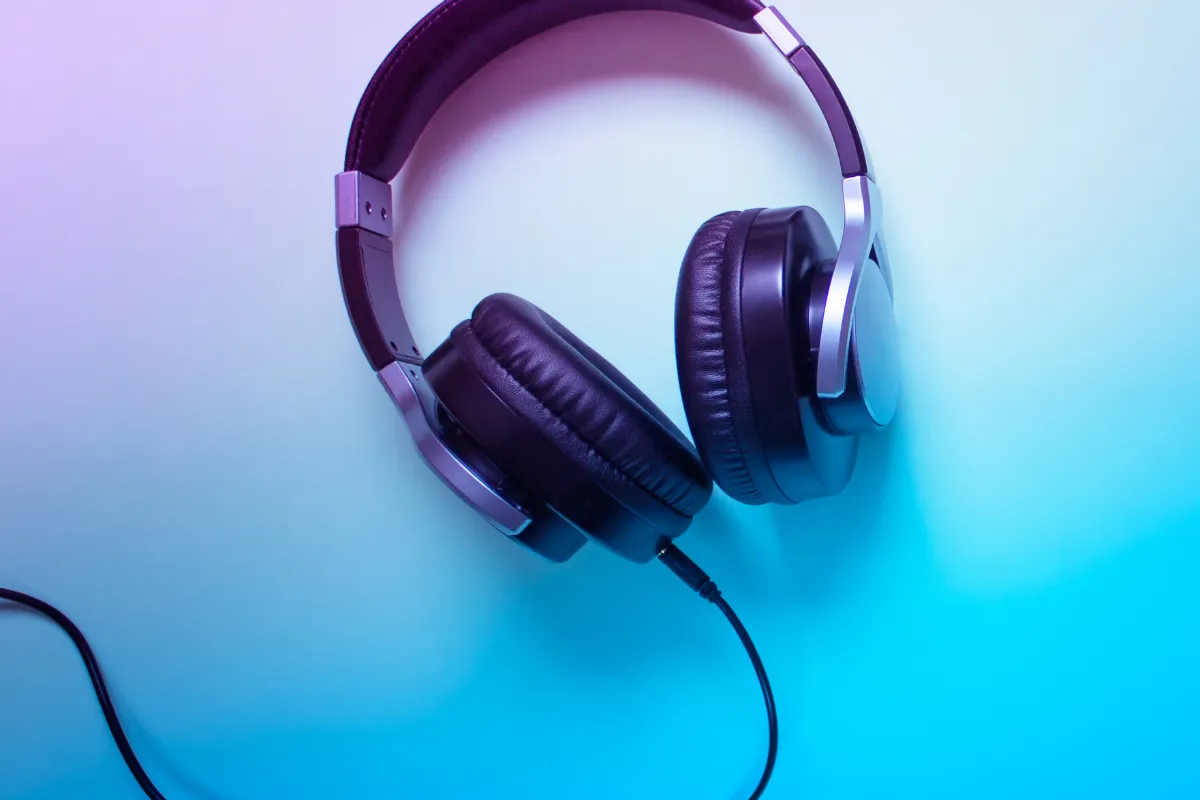In the fast-paced world of education, achieving focus and concentration is paramount to success. However, external distractions can often disrupt our study sessions and hinder productivity. Enter the humble headset – a powerful tool that can transform your study experience by providing crisp sound and blocking out distractions. In this guide, we’ll explore how to optimize your study sessions with headsets, enabling you to achieve a clear mind and maximize your learning potential.

1. Select the Right Headset: Comfort and Clarity
Choose a headset that prioritizes both comfort and audio clarity. Look for features such as cushioned ear cups, adjustable headbands, and noise-canceling technology to ensure maximum comfort and clear sound reproduction during long study sessions.
2. Create a Distraction-Free Environment: Block Out Noise
Use your headset to block out external distractions and create a focused study environment. Activate noise-canceling features to eliminate background noise and immerse yourself in your study material without interruptions.
3. Optimize Audio Settings: Enhance Clarity
Adjust the audio settings on your device to optimize sound clarity and quality. Experiment with equalizer settings to enhance speech intelligibility and minimize background noise, ensuring crisp and clear sound reproduction during your study sessions.
4. Listen to Focus-Enhancing Music: Set the Tone
Use your headset to listen to focus-enhancing music or ambient sounds that help you concentrate. Choose instrumental music or nature sounds that promote relaxation and focus, creating an optimal study atmosphere conducive to learning.
5. Engage in Guided Meditation: Relax and Recharge
Take breaks during your study sessions to engage in guided meditation or mindfulness exercises. Use your headset to listen to calming meditation tracks or guided relaxation sessions that help reduce stress and improve focus and mental clarity.
6. Utilize White Noise: Mask Distractions
Experiment with white noise or ambient sounds to mask distractions and create a serene study environment. Use your headset to listen to white noise tracks or ambient soundscapes that drown out background noise and enhance concentration.
7. Practice Active Listening: Stay Engaged
Practice active listening during your study sessions to enhance comprehension and retention. Take notes, ask questions, and summarize key points as you listen to lectures or educational podcasts, actively engaging with the material to reinforce learning.
8. Take Regular Breaks: Rest and Refresh
Give your mind and ears a break by taking regular study breaks. Remove your headset, stretch, and take a few moments to rest and recharge before returning to your studies feeling refreshed and focused.
9. Stay Hydrated and Nourished: Fuel Your Brain
Stay hydrated and nourished during your study sessions to maintain optimal brain function and focus. Keep a bottle of water and healthy snacks nearby, and take short breaks to refuel and hydrate as needed.
10. Share Your Experience: Connect with Peers
Share your experience and study tips with fellow students to inspire and motivate each other. Engage in study groups, online forums, or social media communities to exchange ideas, ask questions, and support one another on your academic journey.
By optimizing your study sessions with headsets, you can achieve crisp sound and a clear mind that enables you to maximize your learning potential. Whether you’re blocking out distractions, listening to focus-enhancing music, or engaging in guided meditation, a quality headset can enhance your study experience and help you achieve academic success. Embrace the power of crisp sound and clear mind, and elevate your study sessions to new levels of productivity and efficiency.
FAQs:
Q1: How can I find the right headset for studying?
A1: Look for a headset that prioritizes comfort, audio clarity, and noise-canceling features. Consider factors such as cushioned ear cups, adjustable headbands, and compatibility with your devices to ensure maximum comfort and clear sound reproduction during study sessions.
Q2: Can listening to music help improve focus during study sessions?
A2: Yes, listening to focus-enhancing music or ambient sounds can help improve concentration and productivity during study sessions. Choose instrumental music or nature sounds that promote relaxation and focus, creating an optimal study atmosphere conducive to learning.
Q3: How often should I take breaks during study sessions?
A3: It’s recommended to take short breaks every 25-30 minutes to rest and recharge during study sessions. Use breaks to stretch, hydrate, and refuel before returning to your studies feeling refreshed and focused.
Q4: Are there any recommended guided meditation resources for study breaks?
A4: Yes, there are numerous guided meditation and mindfulness apps available that offer relaxation tracks and guided meditation sessions specifically designed for study breaks. Explore popular apps such as Headspace, Calm, or Insight Timer to find guided meditation resources that suit your needs.
Q5: Where can I find more study tips and resources for academic success?
A5: Explore online resources, forums, and academic websites dedicated to study tips and techniques for academic success. Engage with fellow students, professors, and academic advisors to exchange ideas, ask questions, and access additional resources that can help you achieve your academic goals.

